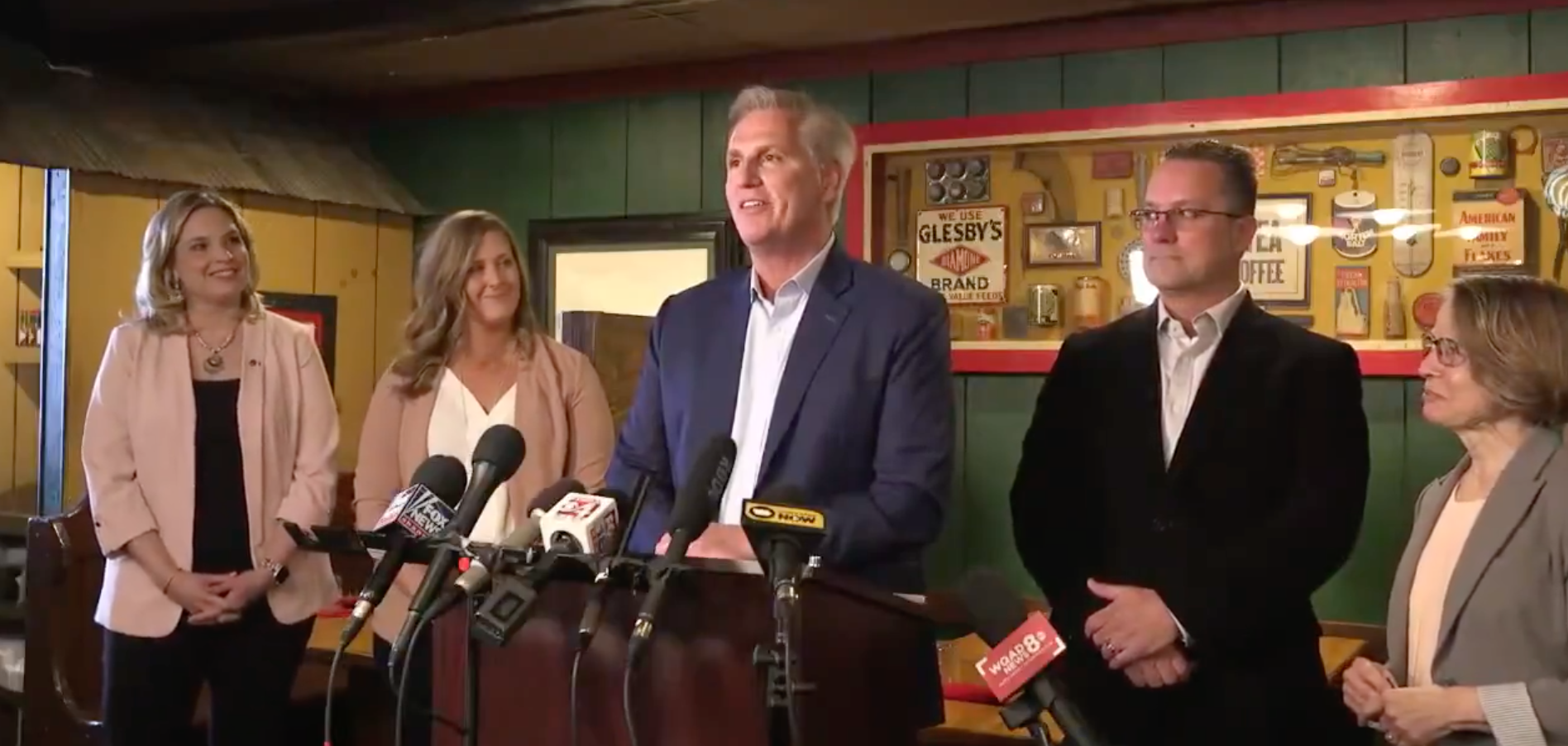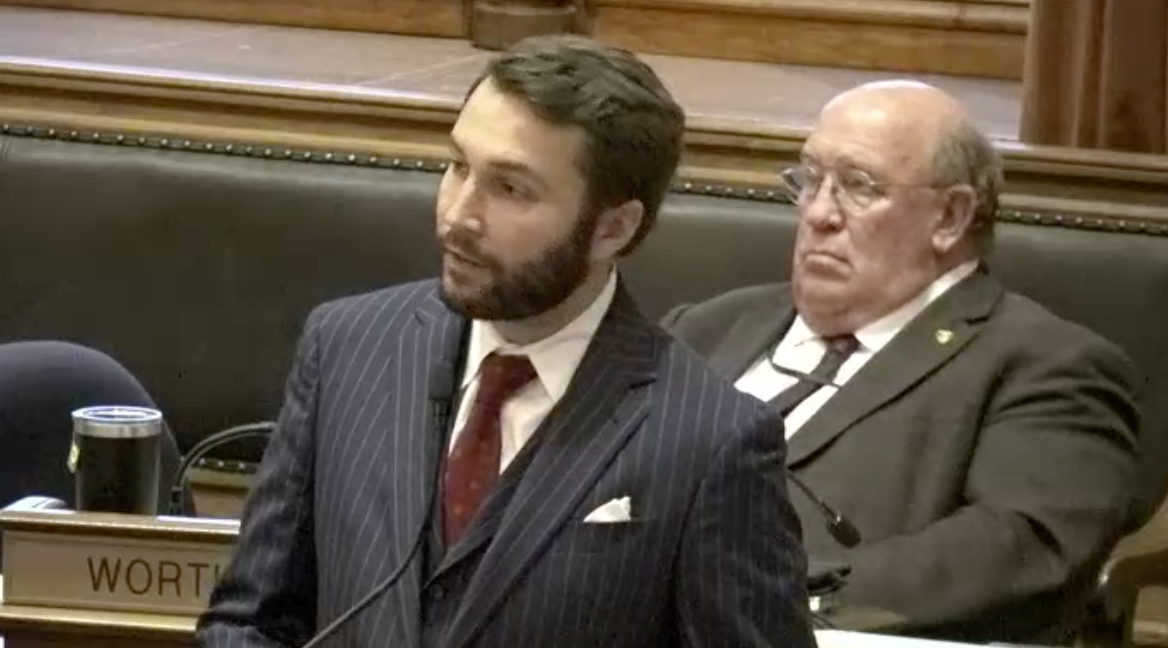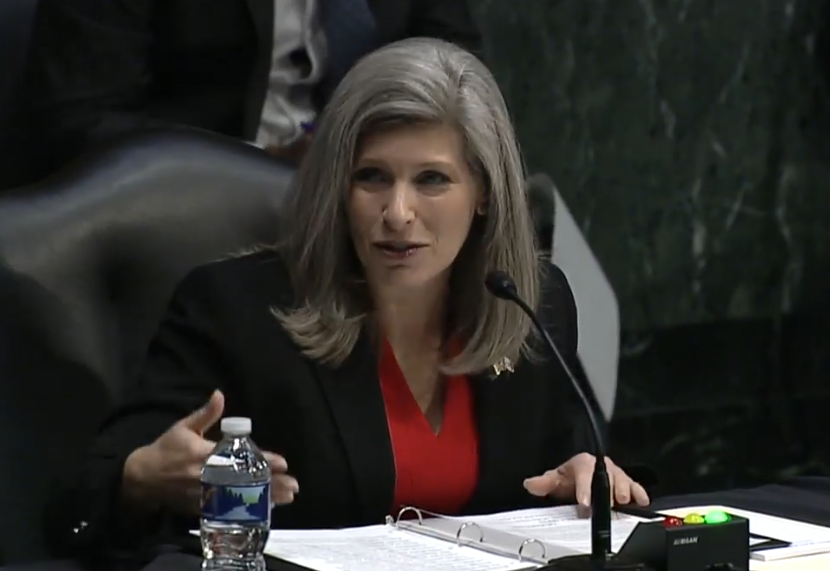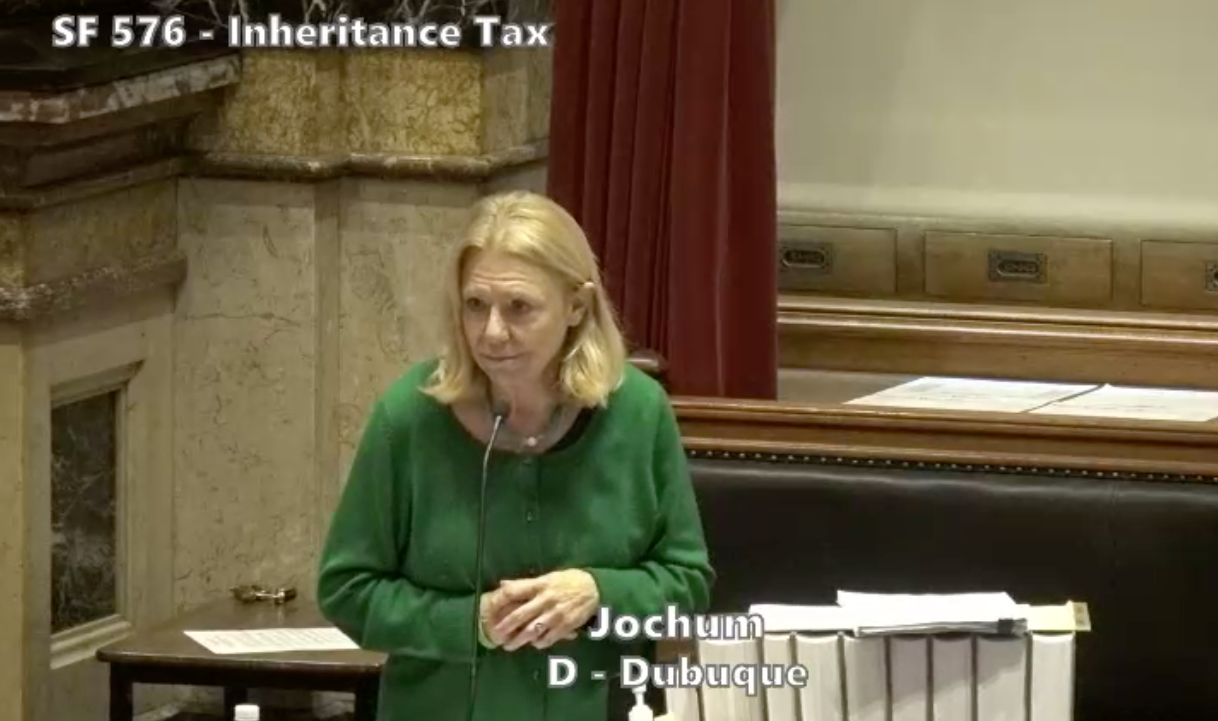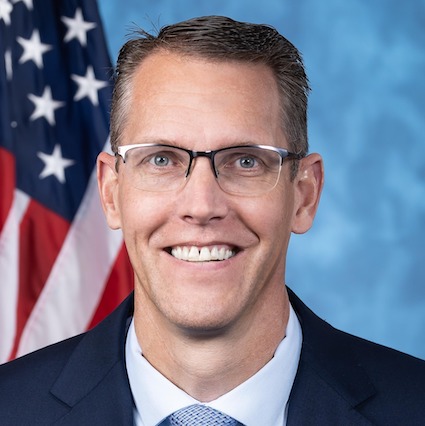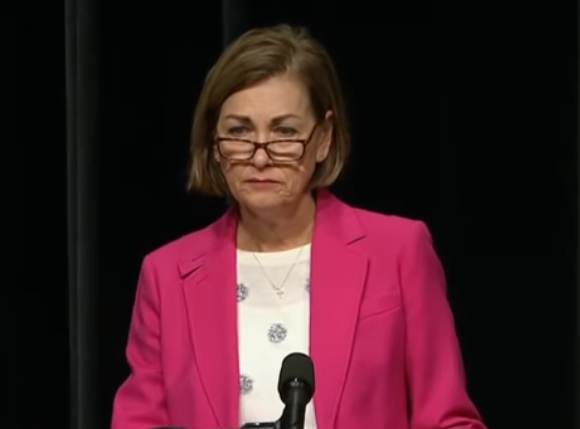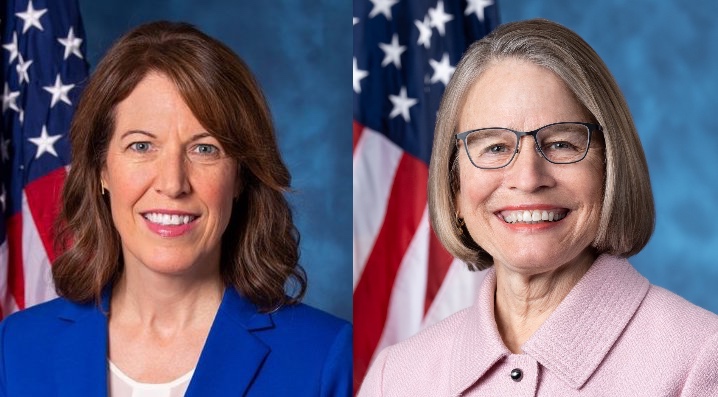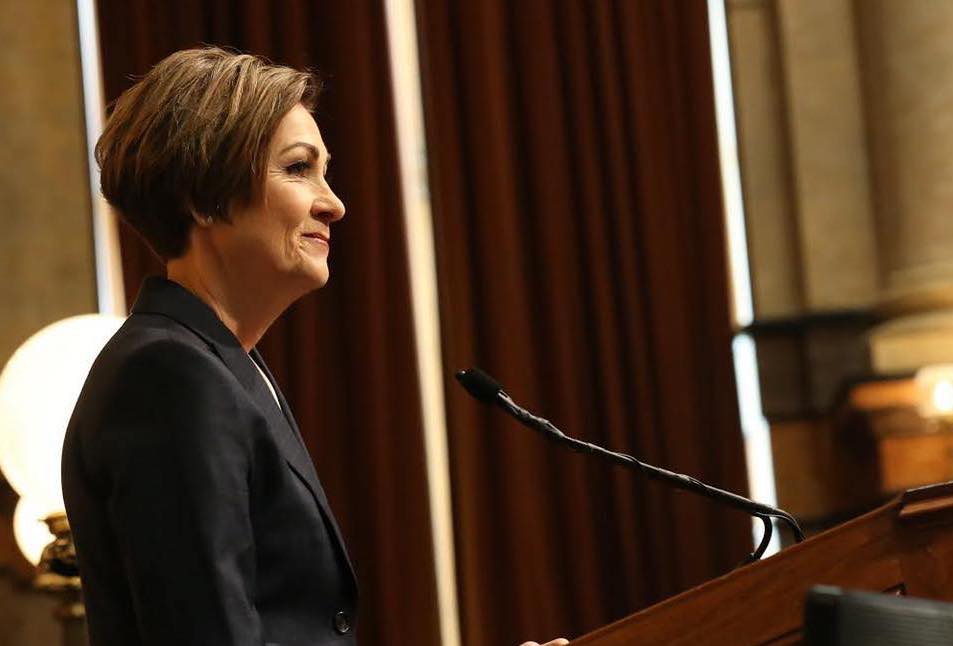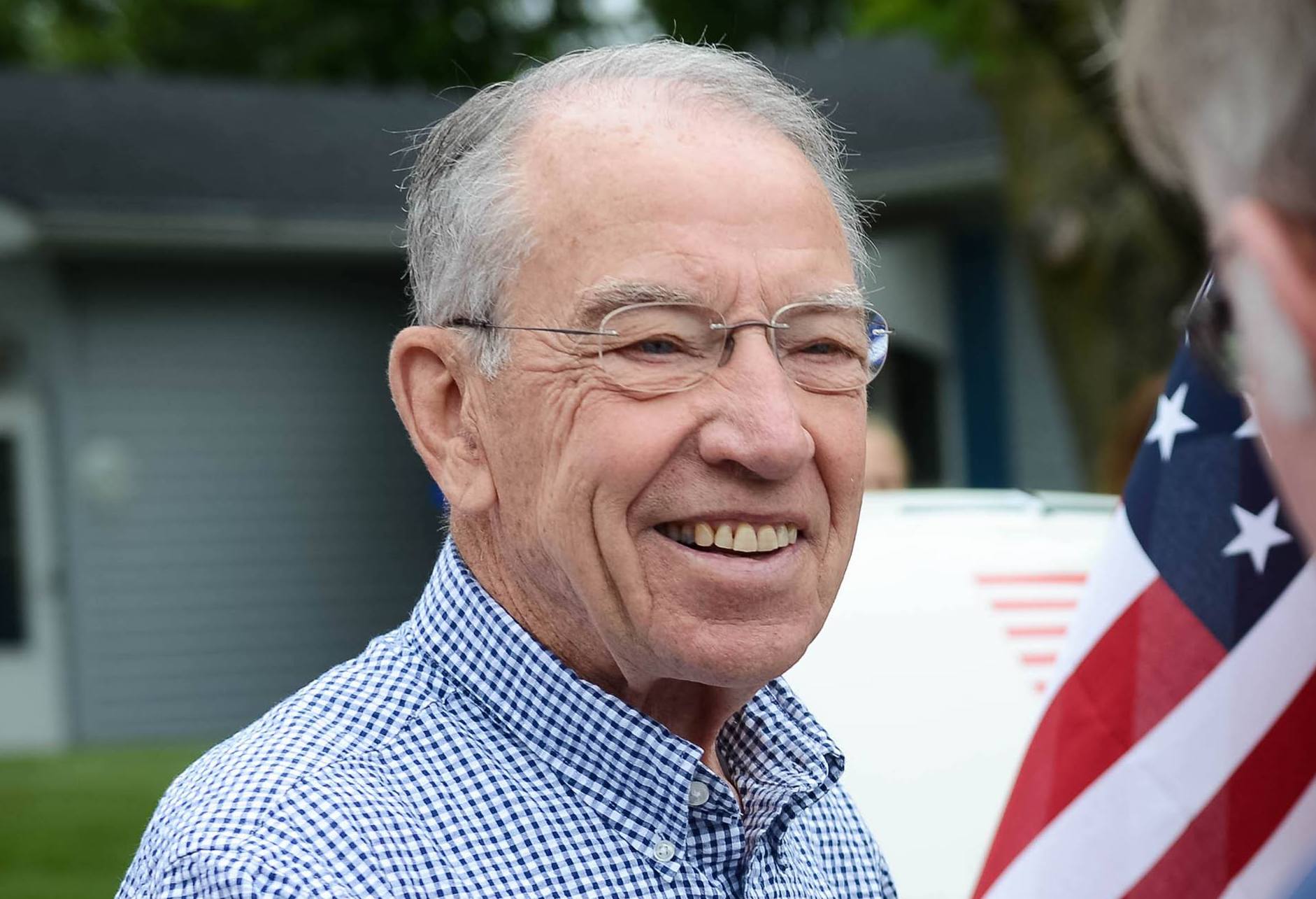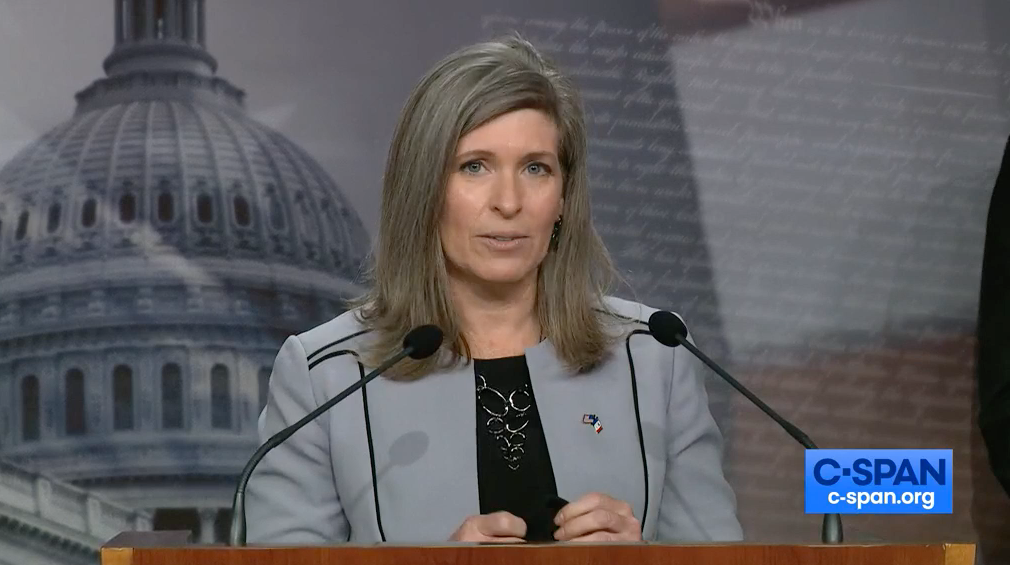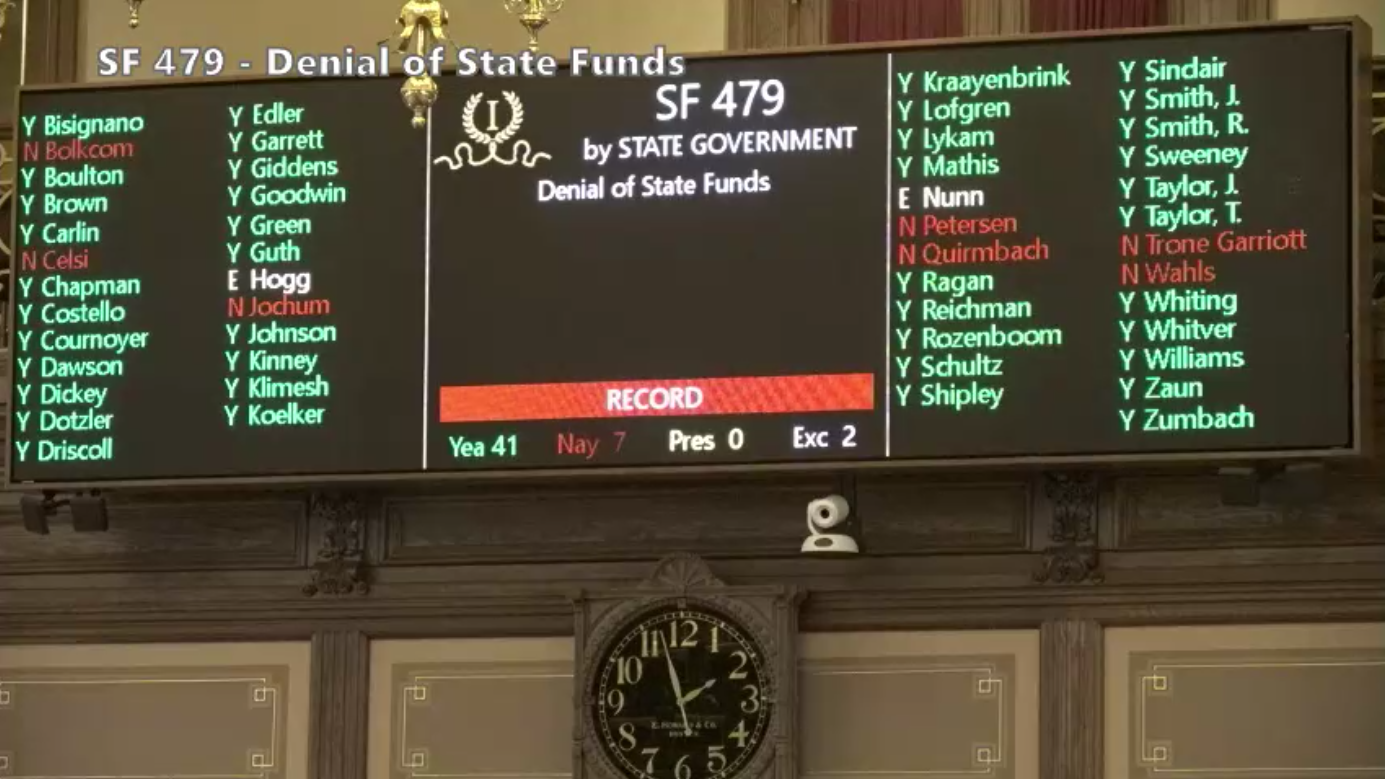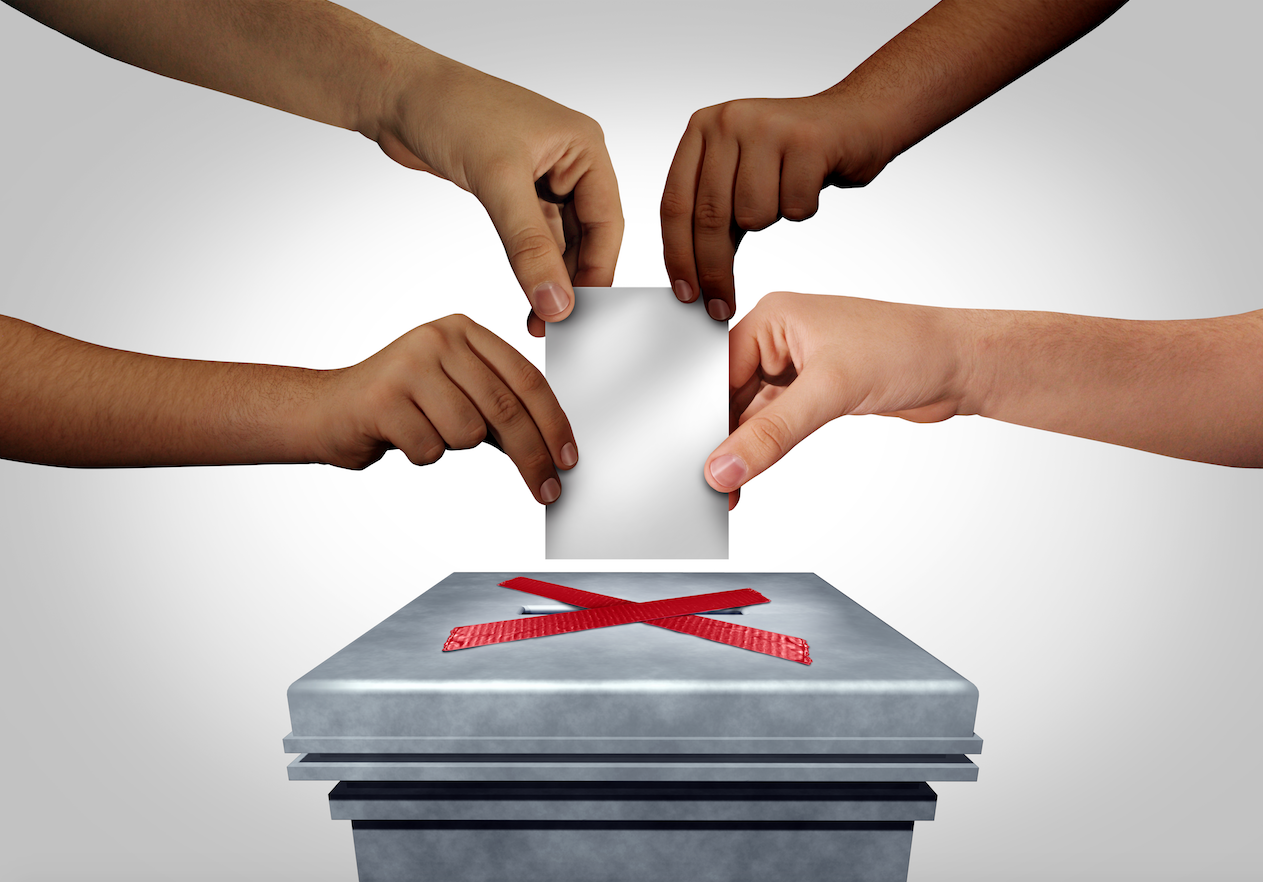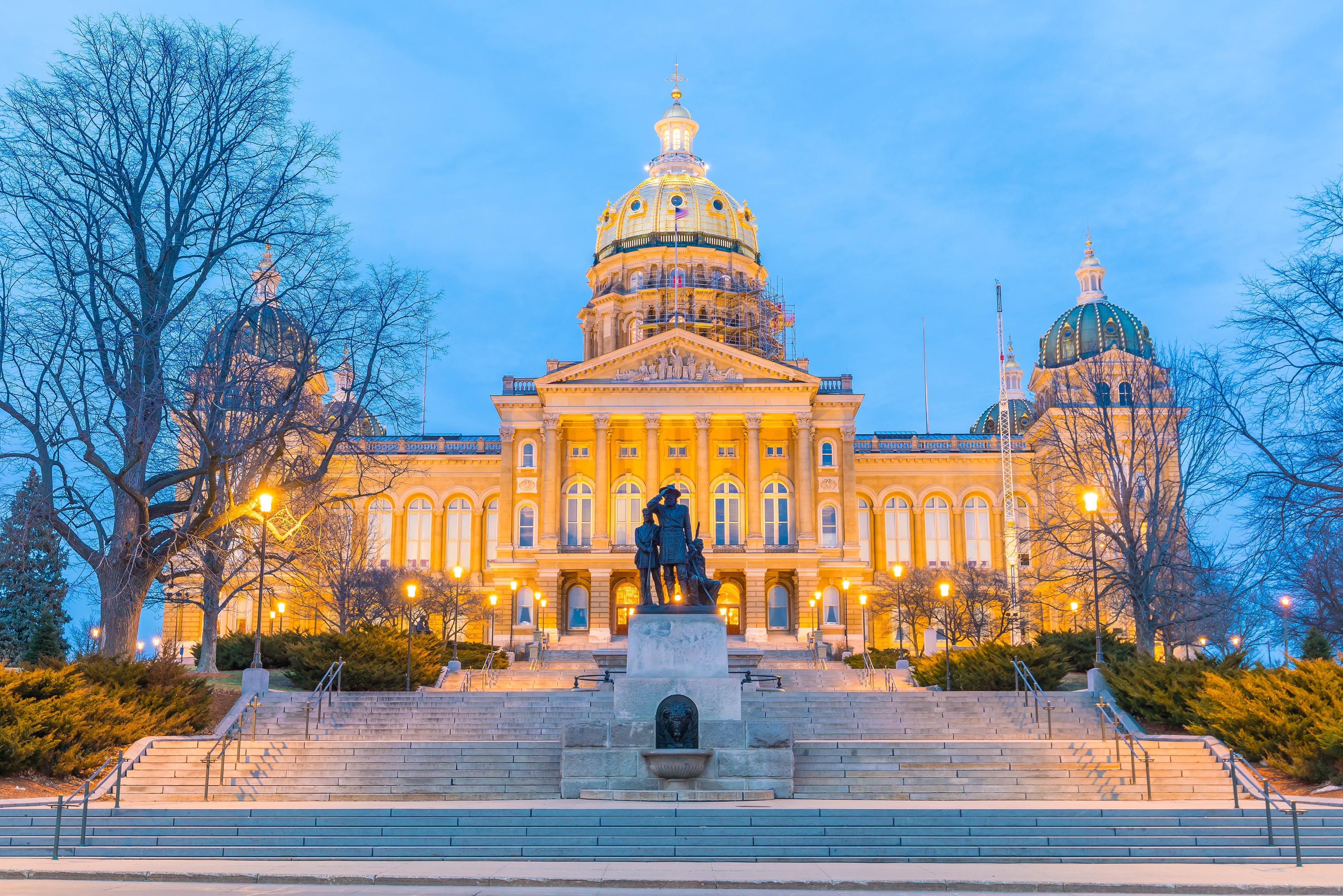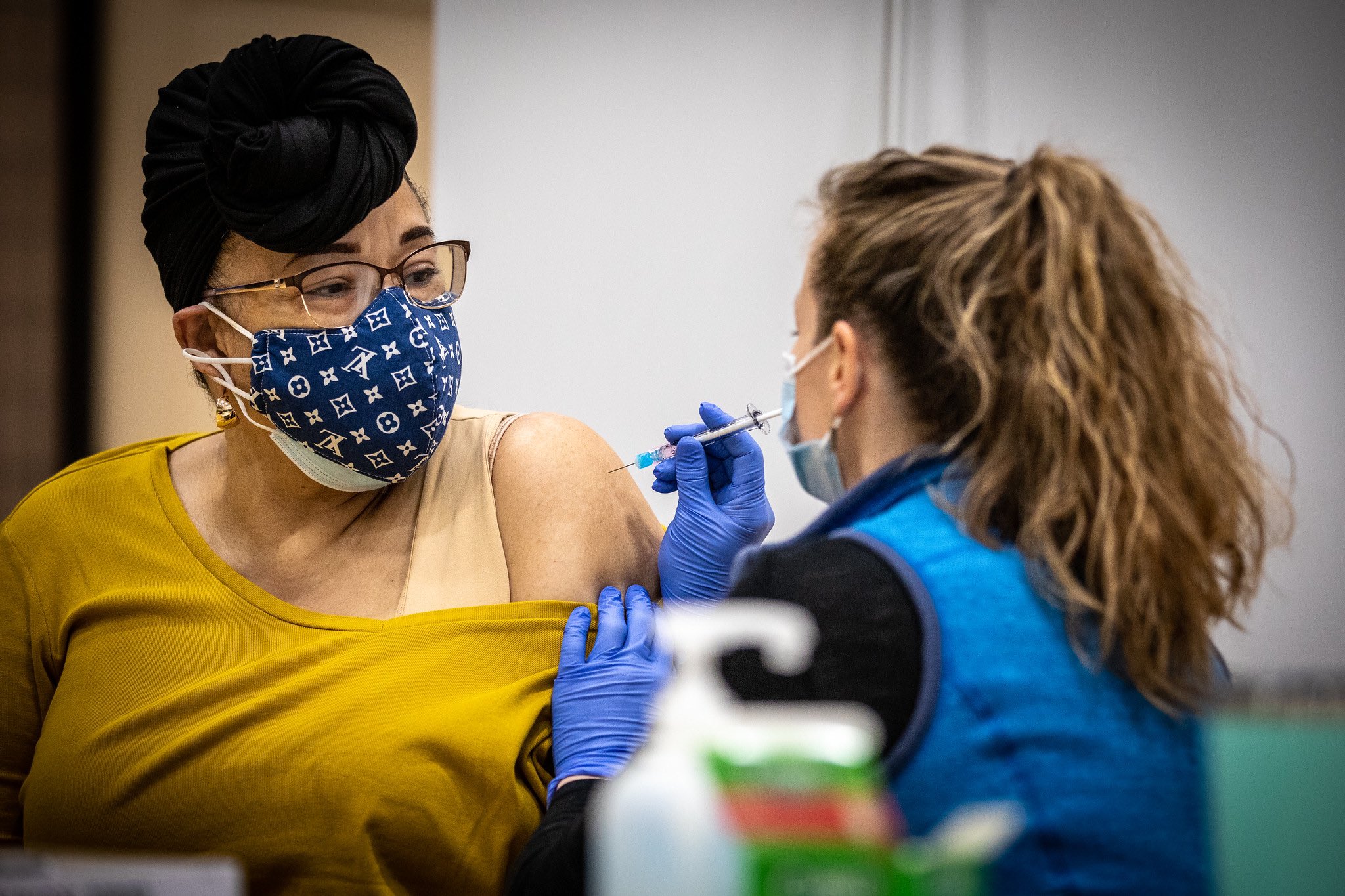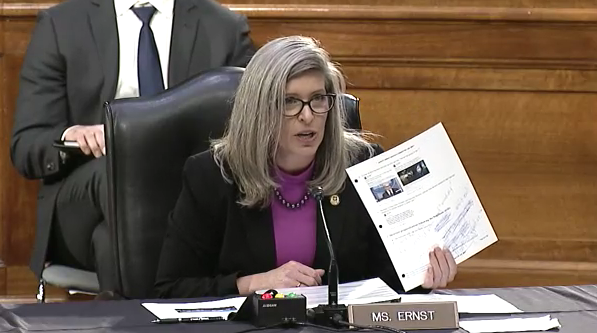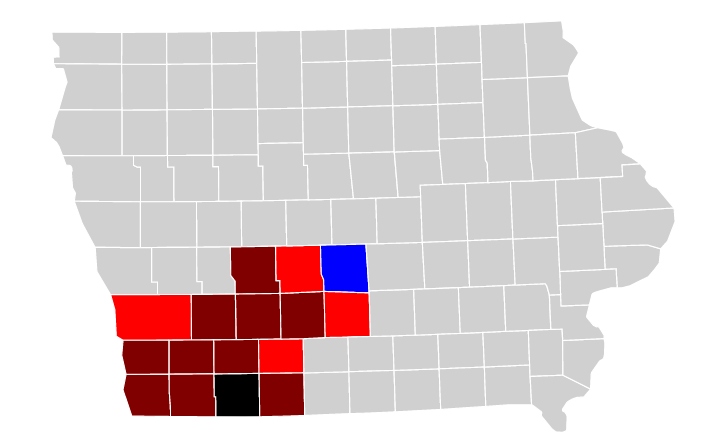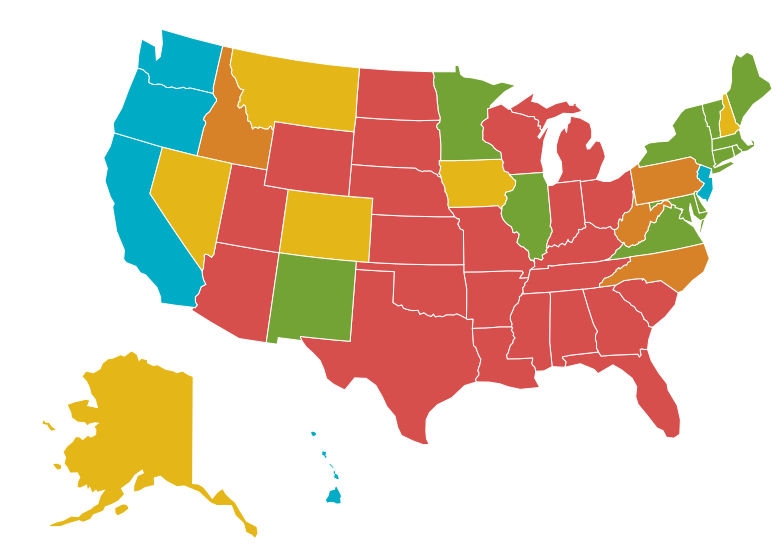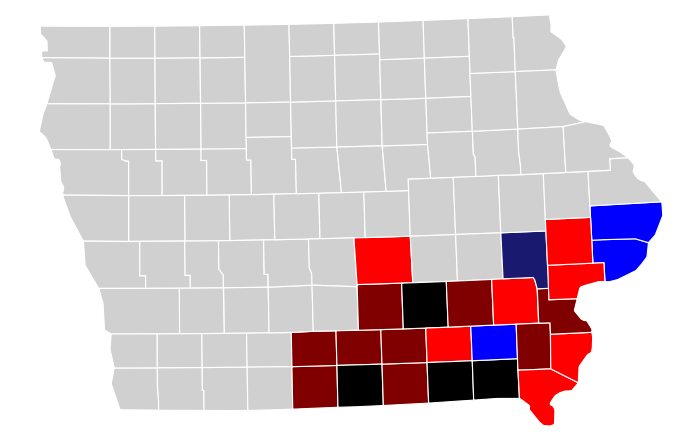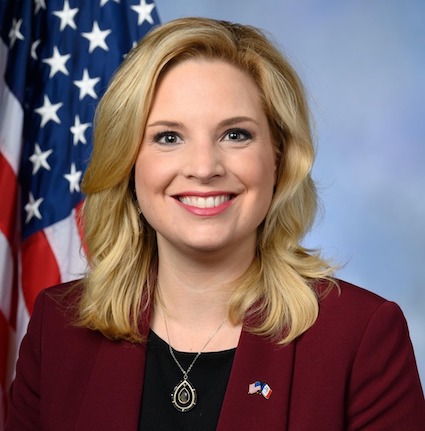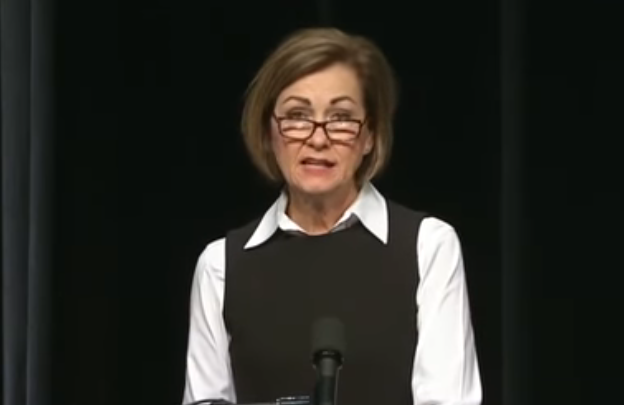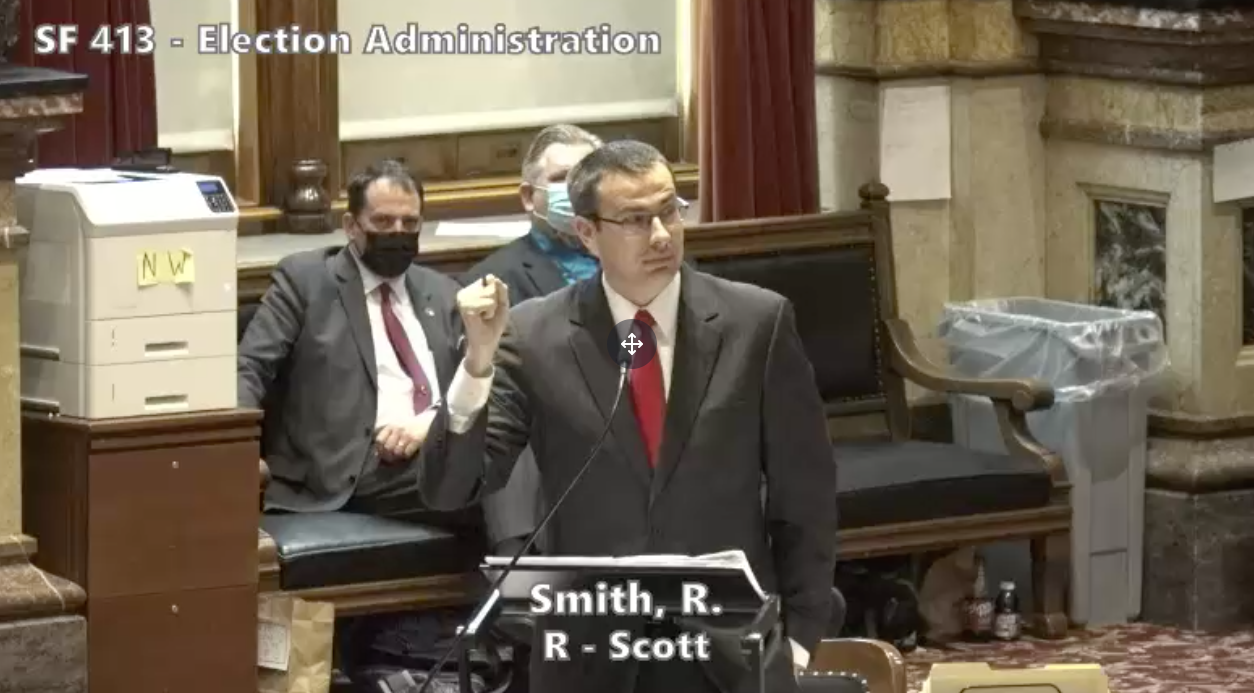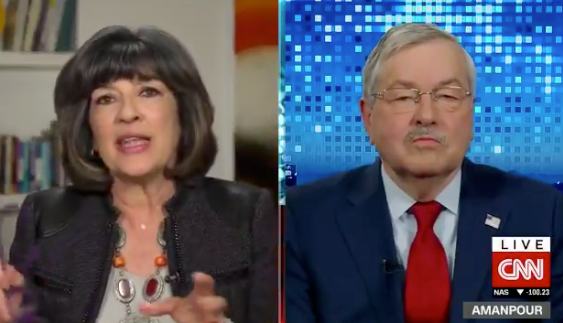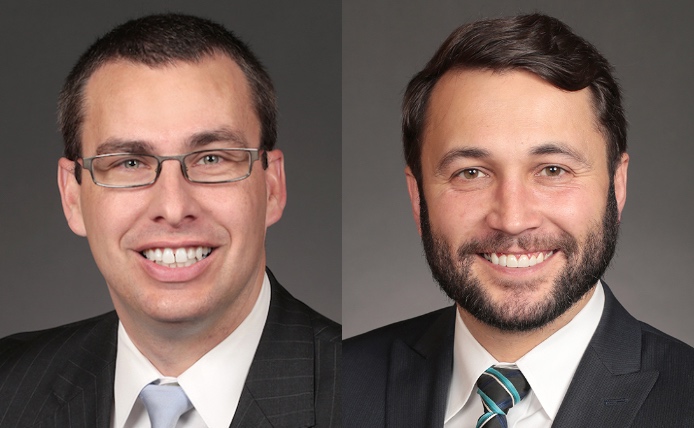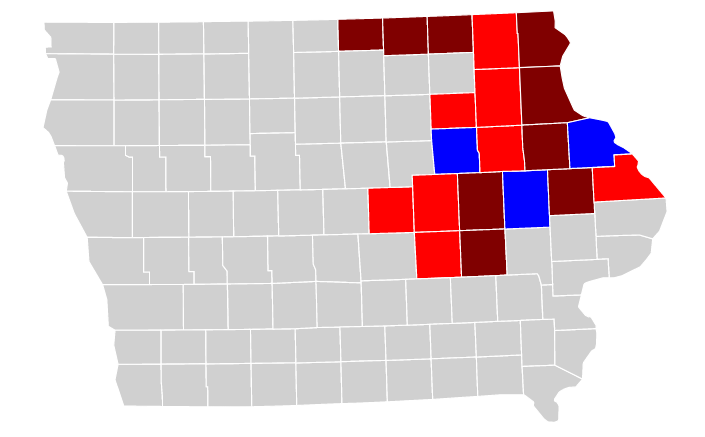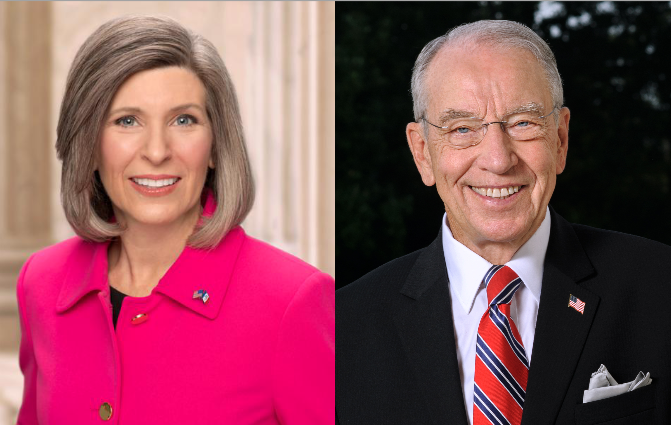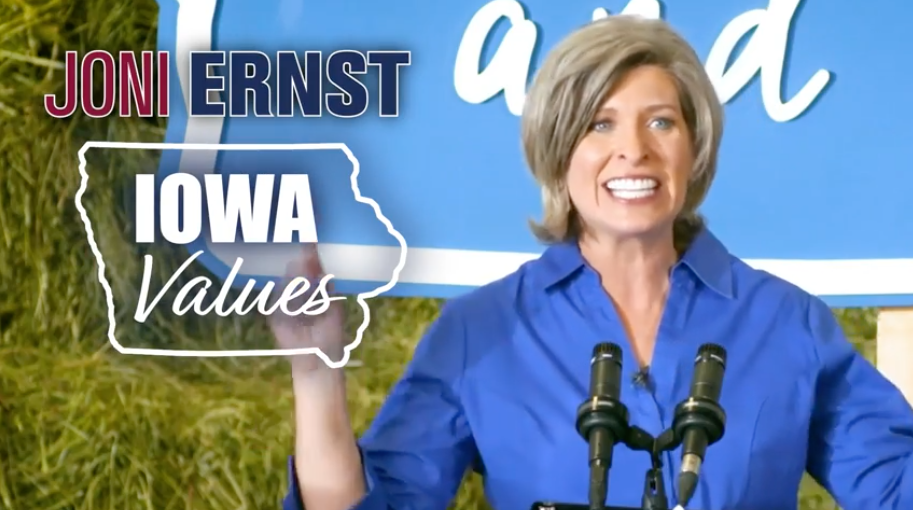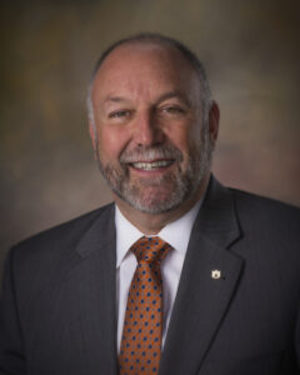UPDATE: Weeks after publication, state officials said this payment had been “inaccurately coded to the federal CARES program,” which was “anticipated” to cover this expense but did not. They said the database would be corrected to reflect the coding error. More details are at the end of this post. Original text follows.
Iowa’s Office of Chief Information Officer spent $39,512 in federal COVID-19 relief funds on a project to migrate computers in Governor Kim Reynolds’ office from Google suite to Microsoft Office 365.
Public databases showing expenditures from Iowa’s Coronavirus Relief Fund do not indicate the governor’s office was the beneficiary of that November payment from OCIO to the vendor Insight Public Sector for unspecified “IT Outside Services.” Documents obtained through public records requests show the money covered the cost of the Google to Office 365 migration.
The governor’s office reimbursed OCIO for that expense in mid-December, days after the Reynolds administration was forced to backpedal on other COVID-19 funds spent on computer technology. Earlier the same month, Bleeding Heartland had sought records related to goods and services OCIO purchased on behalf of the governor’s office using money from the Coronavirus Relief Fund.
The governor’s spokesperson Pat Garrett has not replied to inquiries about who authorized the initial spending on switching from Google to Office 365 or what funding source eventually covered the cost.
Continue Reading...

